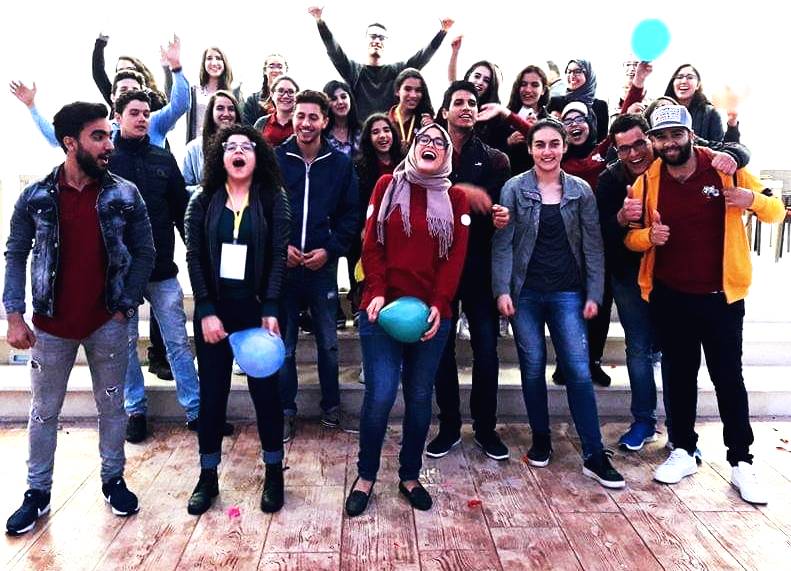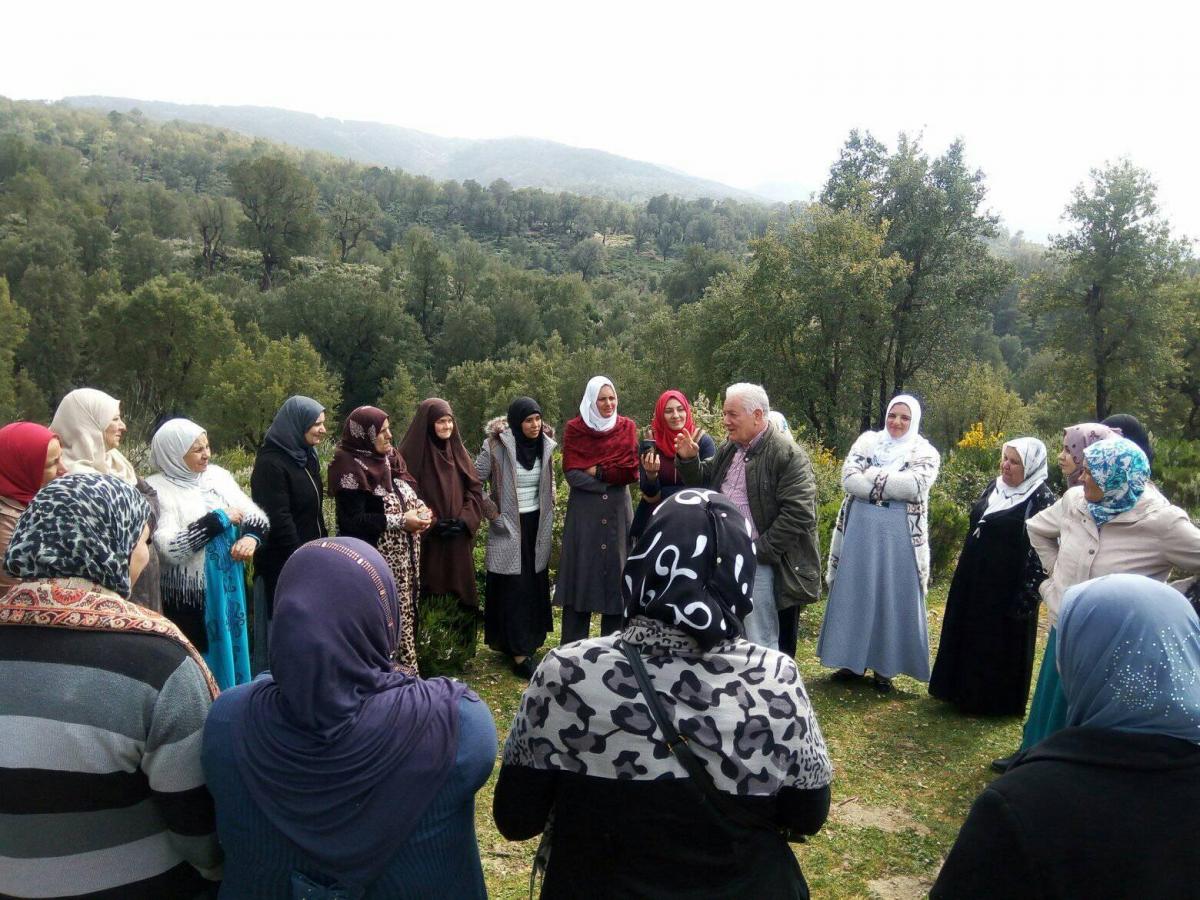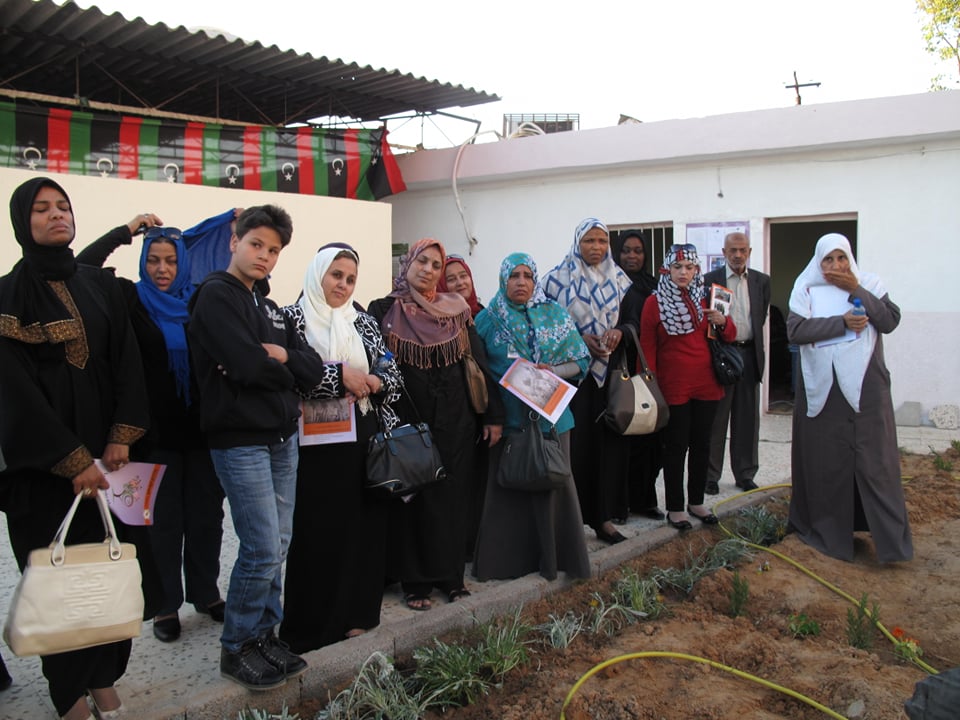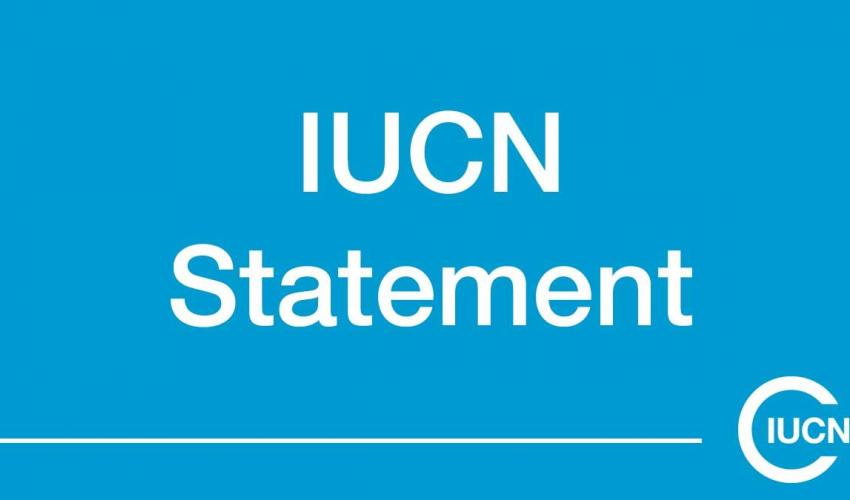42 new projects run by young North African conservation associations are ready to go
During its 2nd phase 2018-2021, the Small Initiatives Program for Civil Society Organizations of North Africa (PPI-OSCAN-2), will accompany 42 associations in Algeria, Libya, Morocco and Tunisia in carrying out innovative field projects dedicated to species and ecosystems conservation, co-management of terrestrial and marine protected areas, ecotourism and sharing of conservation benefits.
The call for this second phase, launched in July 2018, received in all 223 projects showing a strong involvement of the North African civil society. Following the evaluation of the first phase ended, 46 different projects were preselected, of which 12 were located in Algiers, another 12 in Morocco, 10 in Libya and 12 in Tunisia. These civil society organizations (CSO) were invited to submit a detailed project.
On 15 January 2019, the Regional Selection Committee reviewed the 46 detailed proposals and recommended to keep 42 projects, with a final distribution of 12 projects in Algeria, 10 in Morocco, 9 in Libya and 11 in Tunisia.
The programme has now reached the final phase of checking the formal aspects of each application submitted by the CSOs, so as to proceed with the signing of the agreements and start the projects in March 2019. In addition, during the first year of implementation, PPI-OSCAN2 is planning to organize two national trainings at each participant country, as well as a regional meeting that will bring together all the beneficiary CSOs.
The PPI-OSCAN2 team is highly excited about launching this 2nd phase and starting to perform the field actions with the selected CSOs, while counting on the support and follow-up of the 4 national coordinators in 4 different countries, and the support of national governmental institutions in charge of biodiversity conservation.
The Small Initiatives Program for North African Civil Society Organizations, Phase 2 (2018-2021) aims to strengthen the capacities of emerging North African civil society organizations, by helping them to develop practical short-term initiatives for the conservation of the global environment. Furthermore, the project intends to support the development of national biodiversity strategies and policies to fight against climate change in these four countries (Algeria, Libya, Morocco and Tunisia) on a medium and long-term basis.
The IUCN Center for Mediterranean Cooperation is in charge of the implementation of this Program financed by the French Fund for the Global Environment (FFEM) and the MAVA Foundation.
For further enquiries, please contact Maher Mahjoub






